AmazonIA 500 Challenge
The lasting 500-hectare restoration project in Belém that turns COP30’s footprint into real benefits for nature and local communities.
Not just words, real action
A global summit should leave more than speeches. At COP30 in Belém, turn promises into living forests.
Join the Restoration MovementJoin the Amazonia 500 Challenge and make COP30 participation measurable: 500 hectares restored with global visibility, verified impact, and recognition for delivering solutions—not just speeches.
Led by MORFO and Bem da Floresta with Coopam, Instituto Iandê, and Instituto Ivisam, this project restores 400 hectares of native forests and 100 hectares of agroforestry. Cutting-edge technology meets deep community roots for durable ecological and social impact.
Rooted in the COP30 host city, the project leaves a visible legacy: restoring land directly around Belém. Every hectare contributes to a healthier Amazon and shows the world that COP30 delivers beyond words.
This initiative combines agroecology and ecological restoration with a distinctive impact model: empowering smallholder family farmers to recover degraded areas—mainly hit by fire or lacking sustainable practices—while creating resilient ecosystems and local livelihoods.
500 hectares to restore in Belém
Just north of Belém, families are working to recover fire-degraded lands.
The project restores resilient forests, boosts farmer incomes, and strengthens the local bioeconomy.
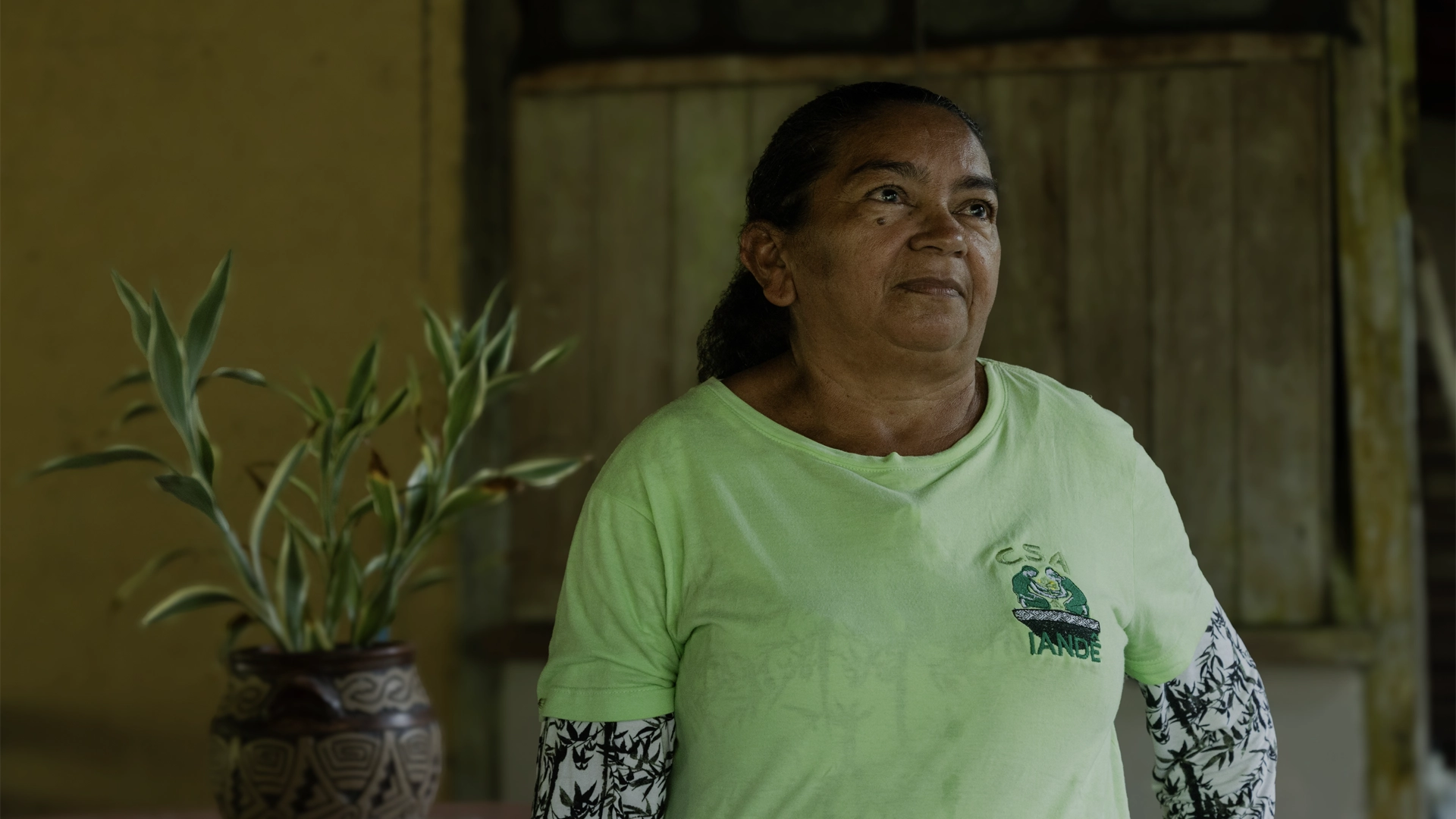
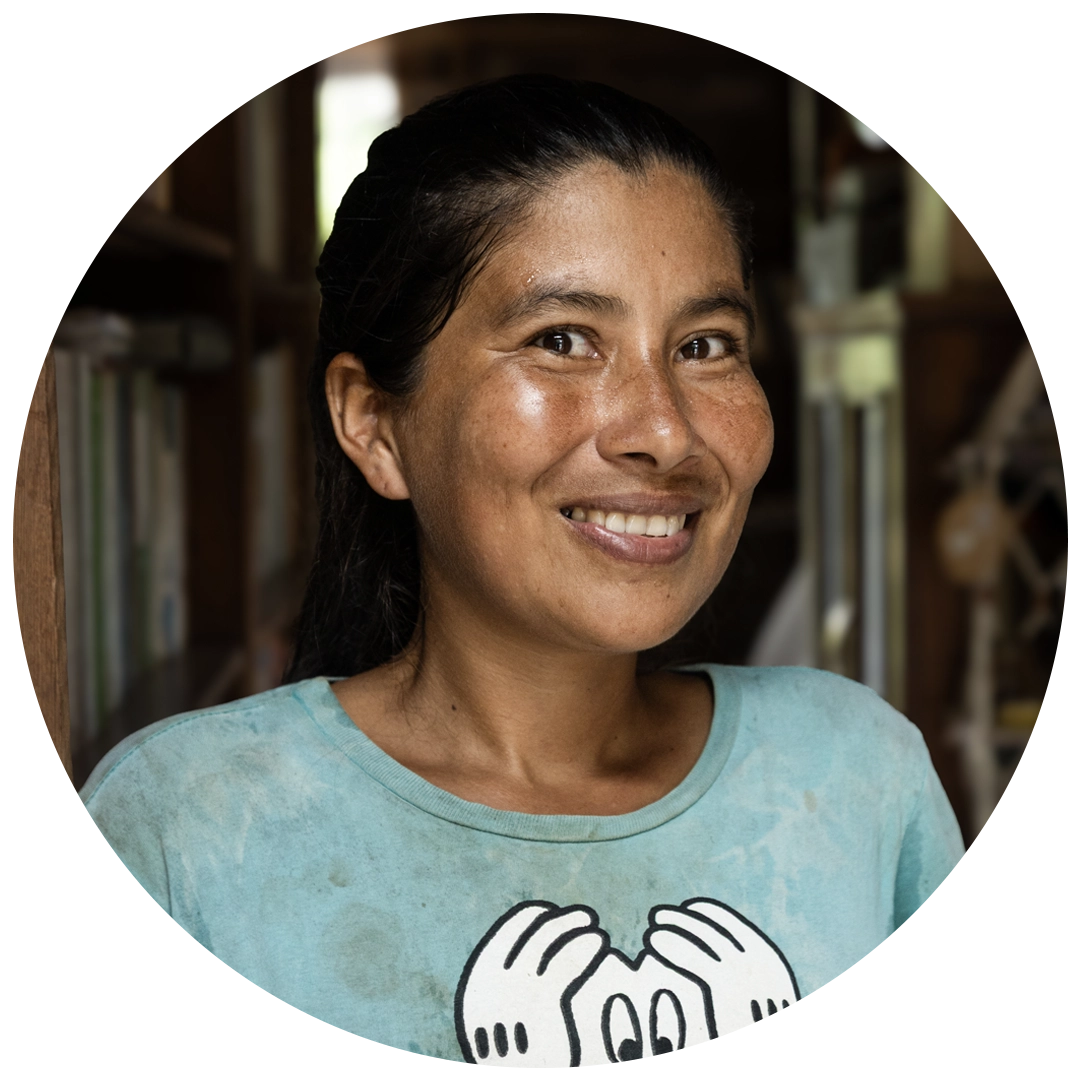
Riviane amorim
Local farmer, Instituto Iandê
"The Amazonia 500 Challenge means hope, not only for me, but for the entire community. The financial and educational support it brings is essential, because it ensures that farmers are not left on their own. Education is a fundamental part of this process, and it is only through education that we can change the world."
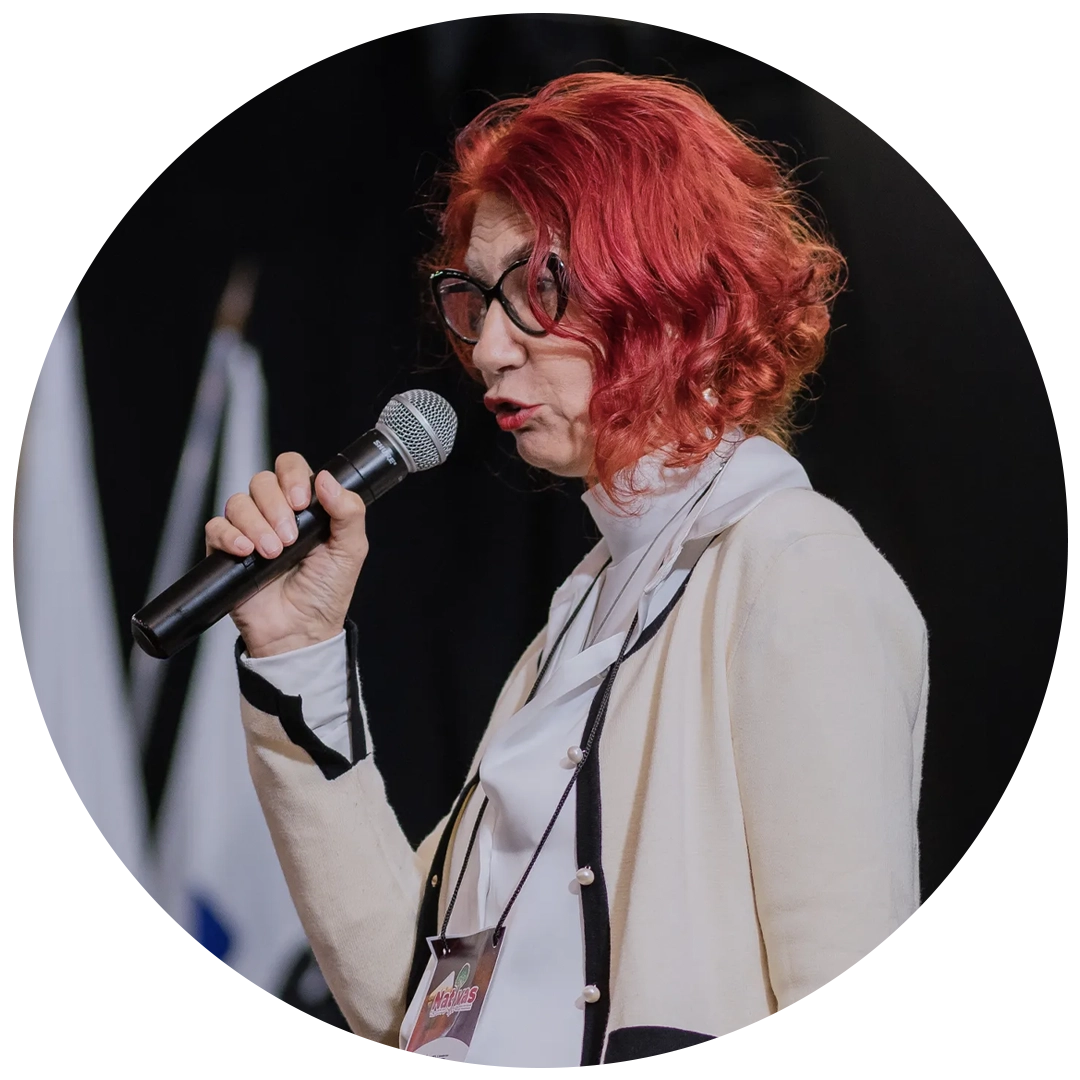
dr. Fátima Piña-Rodrigues
Professor, Federal University of São Carlos
"What makes MORFO stand out is its innovative approach. MORFO proposes scalable solutions for restoration and direct seeding, they have the courage to innovate with drones, remote sensing, and precision direct seeding using advanced technologies for different biomes and scales."
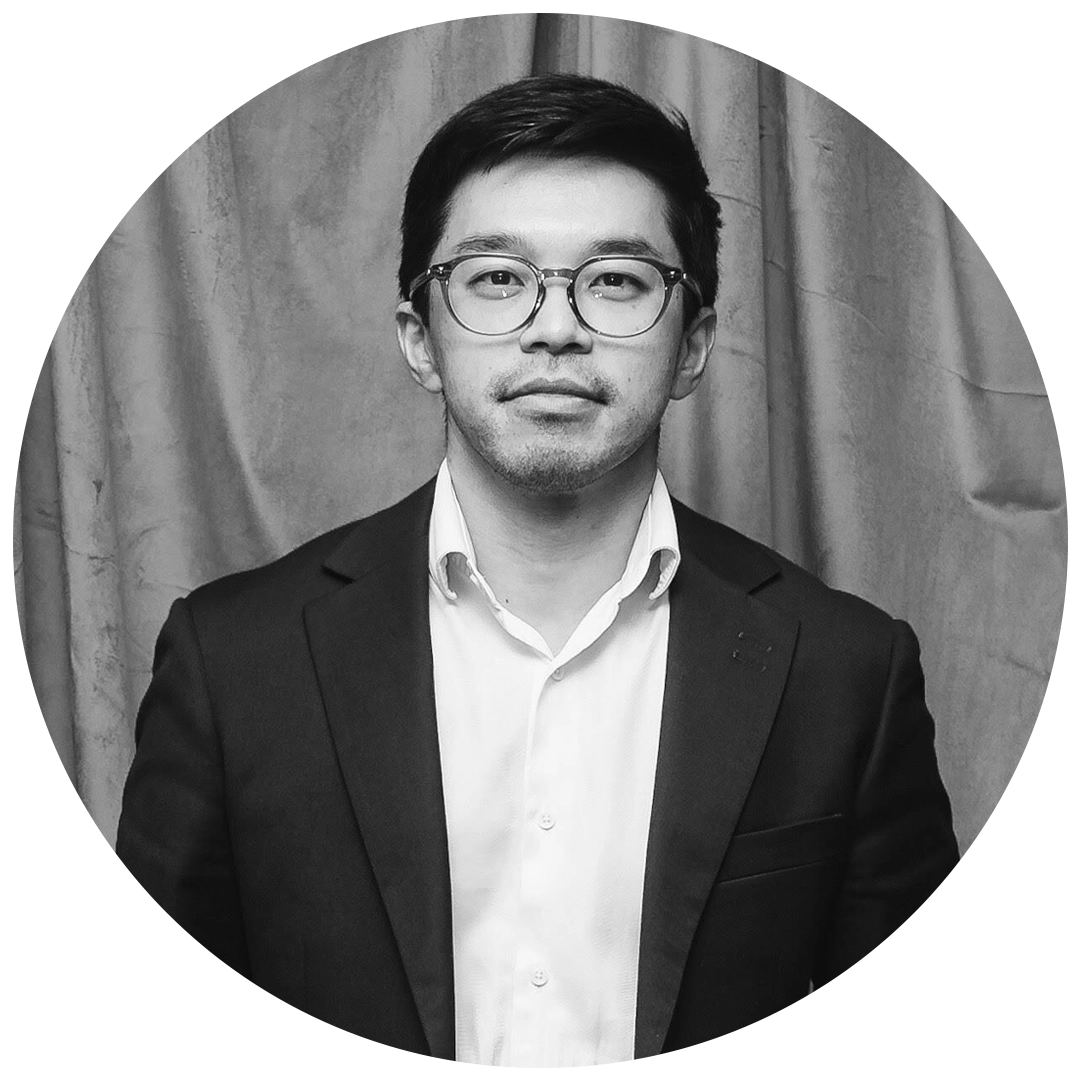
Diogo Soda
General Manager Brazil, Sisley Paris
"Through the Sisley Tree Challenge, Sisley has supported an innovative reforestation and scientific project led by MORFO in the Amazon. We are very proud to support this initiative, which delivers both powerful social impact and environmental benefits, knowing that the MORFO team brings deep commitment and valuable expertise."
Your impact in numbers
hectares TO BE restored
Equivalent to 700 soccer fields: 400 hectares of native forest restoration plus 100 hectares of agroforestry systems.
people directly involved
From families to seed collection system, including 160 new jobs created.
tons of CO2 sequestered
The project is expected to sequester about 135,000 metric tons of CO₂ over its lifetime—roughly the emissions from 85,000 round-trip flights between Belém and New York.
Join the
Amazonia 500 Challenge
Our first hectare pre-bookings are done.
The second founding partner spot is now open until November 9th.
Reservations are limited and will be confirmed on a first-come, first-served basis.



Looking for a custom or larger package? We can make it happen.
Our team is in high demand, but we’ll get back to you as soon as possible.
Visit Us in Belém During COP30!
Experience MORFO’s 1-hectare live restoration site, only ten minutes from the COP30 convention center. From November 10–21, 2025, see firsthand how large-scale forest restoration comes to life.
On this guided, one-hour visit you will:
- Walk through a symbolic “degraded zone” and see how reforestation begins.Watch drone seeding and AI-powered monitoring in action.
- Meet scientists, local seed collectors, and community partners driving the work.
- Explore how biodiversity planning and new technology are transforming the Amazon’s future.
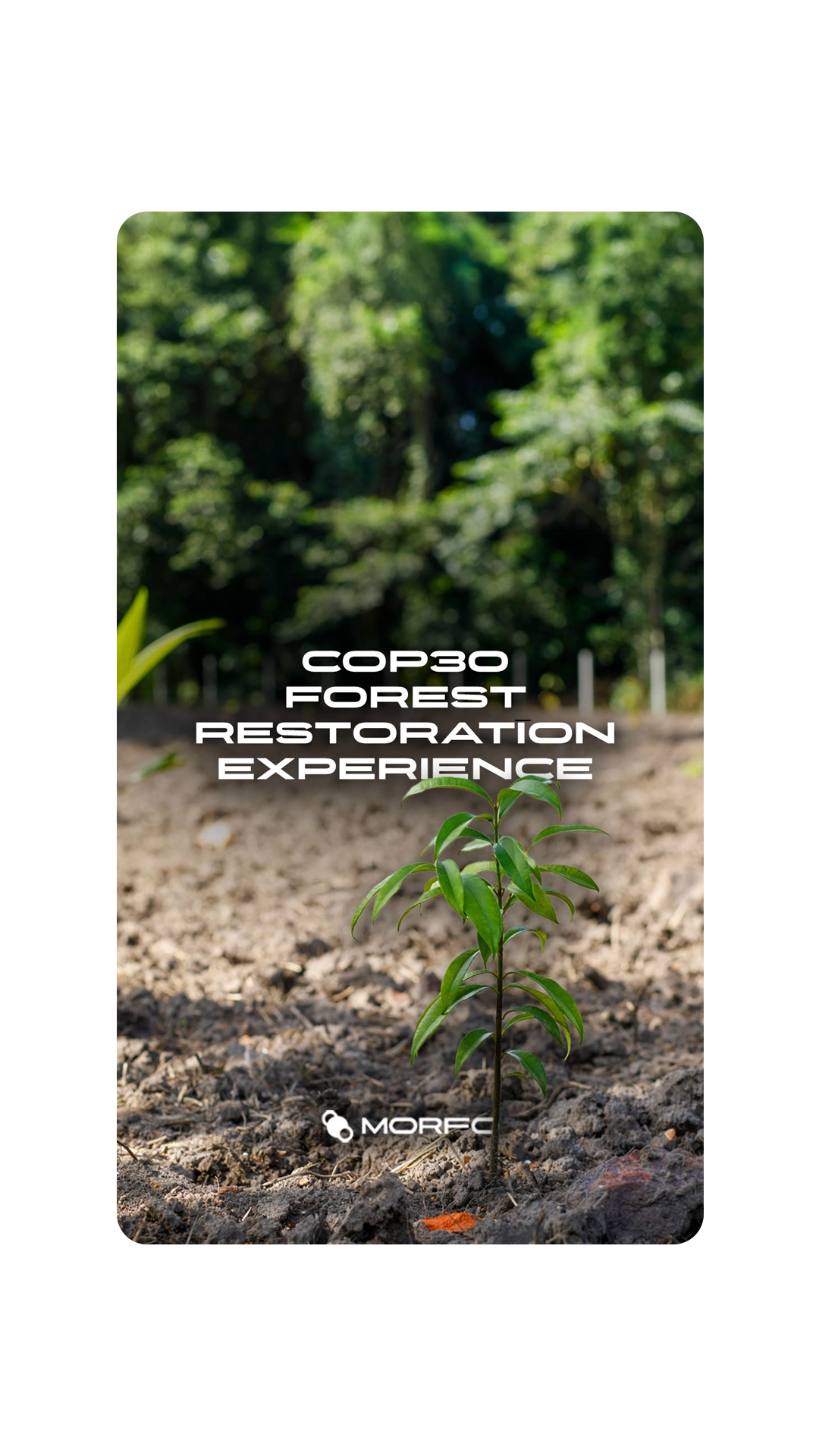
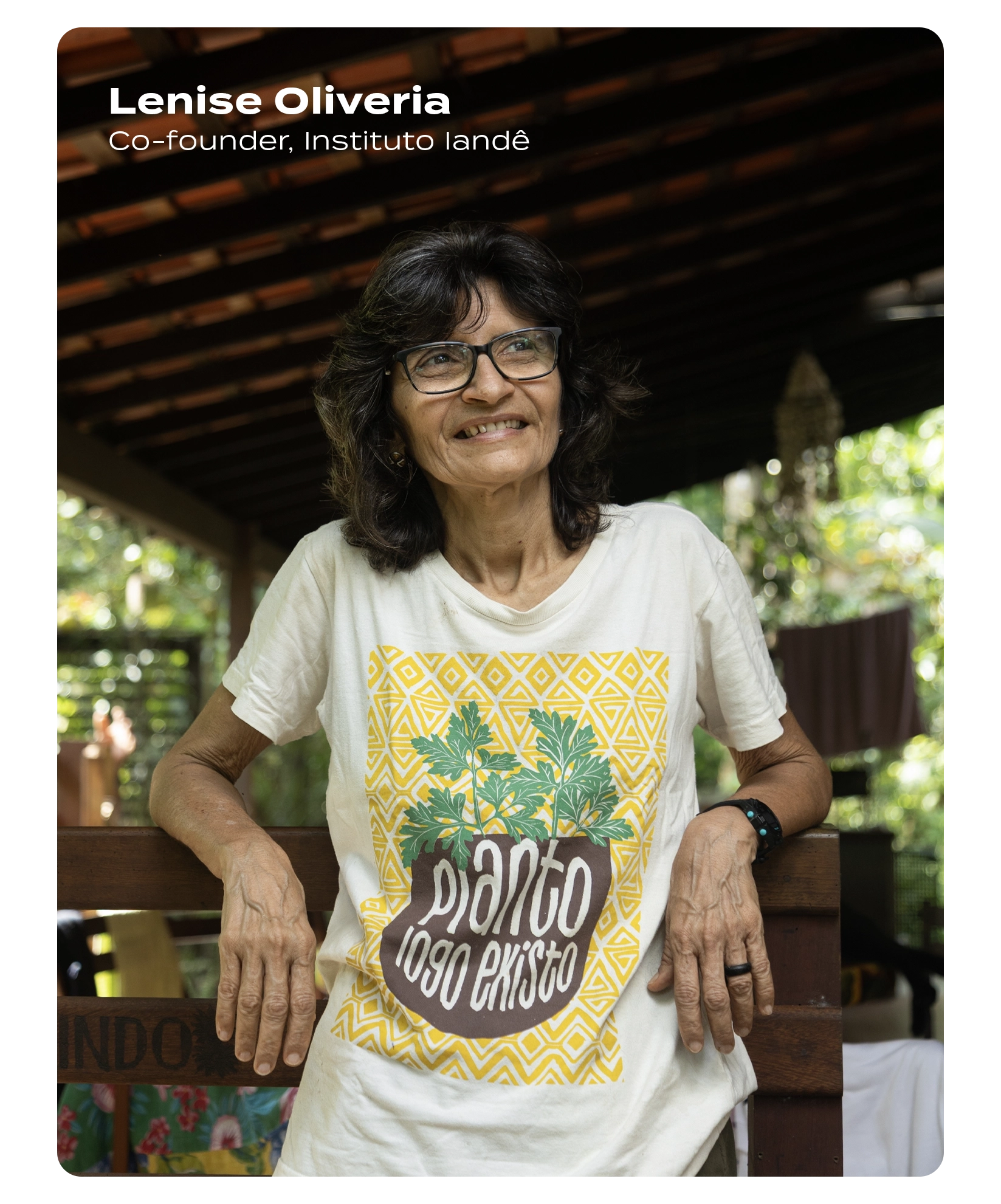
Project Focus & SDG Alignment
The project's activities directly support several UN Sustainable Development Goals, creating a powerful ESG statement for our partners. This focus ensures that financial investment drives holistic change, from climate action to economic empowerment.
SDG 1: No Poverty
Through the creation of stable and diversified incomes for rural families.
SDG 2: Zero Hunger
By promoting agroecology and food sovereignty for communities.
SDG 8: Decent Work and Economic Growth
By generating sustainable jobs and strengthening local economies.
SDG 13: Climate Action
Through carbon sequestration and climate resilience.
SDG 15: Life on Land
By restoring forest ecosystems and protecting biodiversity.
SDG 17: Partnerships for the Goals
By bringing together businesses, communities, and technology for collective impact.
Reforestation projects with real impact require close coordination between complementary actors. Each partner brings unique expertise to make restoration work at scale:
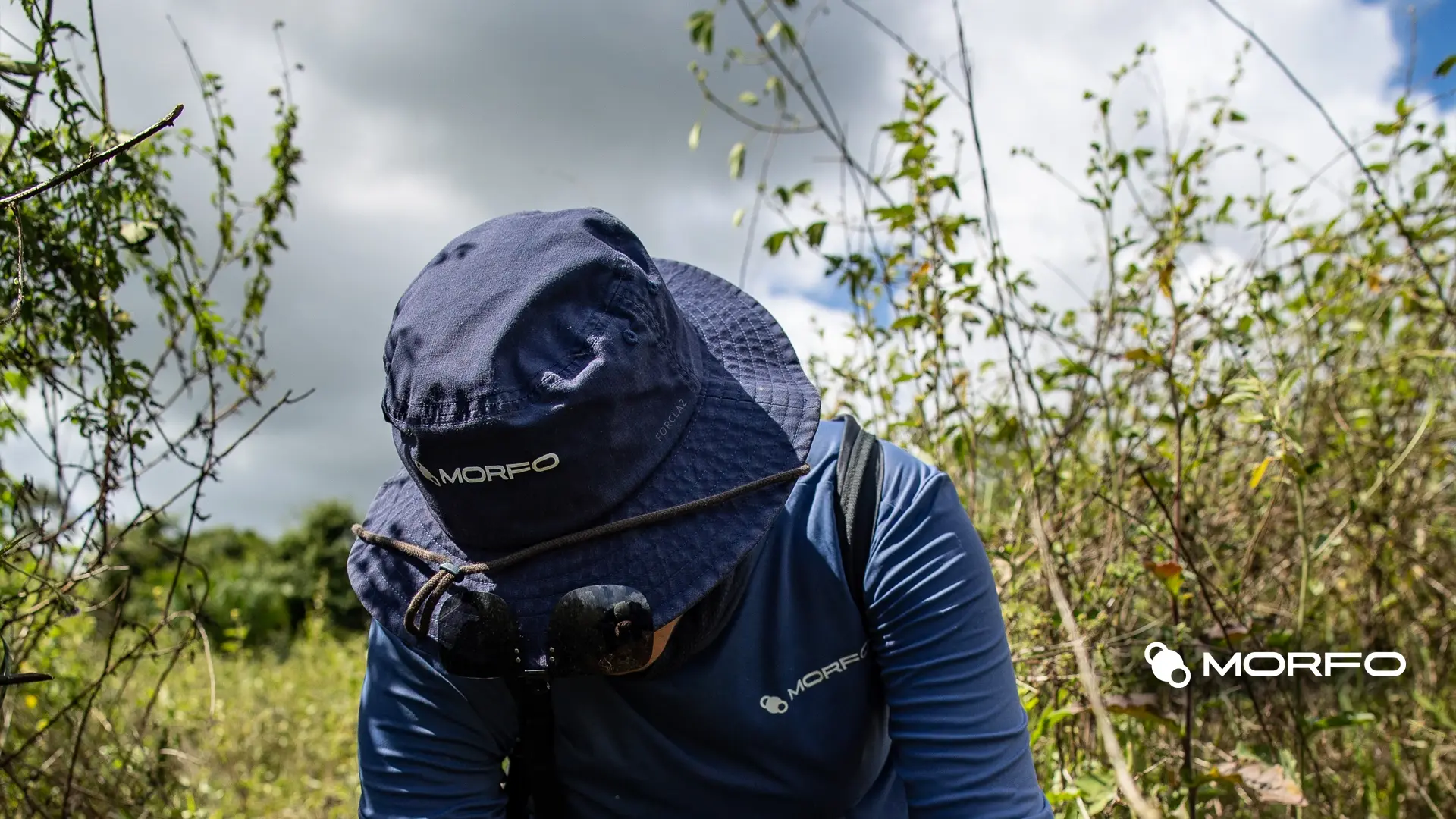
TECHNOLOGY & LARGE-SCALE RESTORATION
MORFO brings degraded landscapes back to life—from forests to agricultural soils.Our integrated approach delivers measurable ecological and economic results at any scale, from initial diagnosis to long-term monitoring and growth.
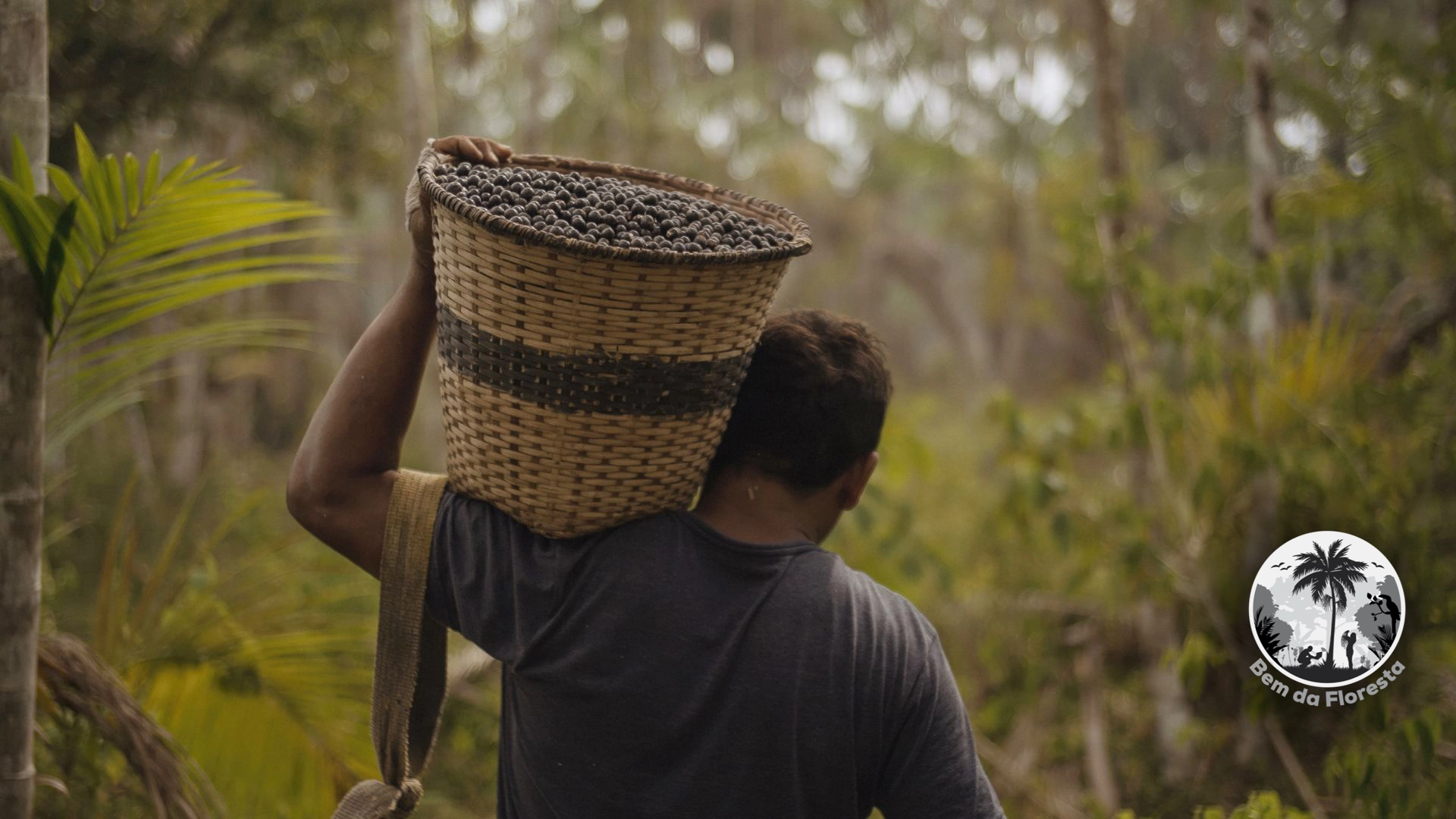
COMMUNITY & AGROFORESTRY LEADERSHIP
Bem da Floresta coordinates with family farmers and local authorities, manages agroforestry systems (100 ha), and leads community integration. The organization is responsible for articulating Coopam, Instituto Iandê and IVISAM.
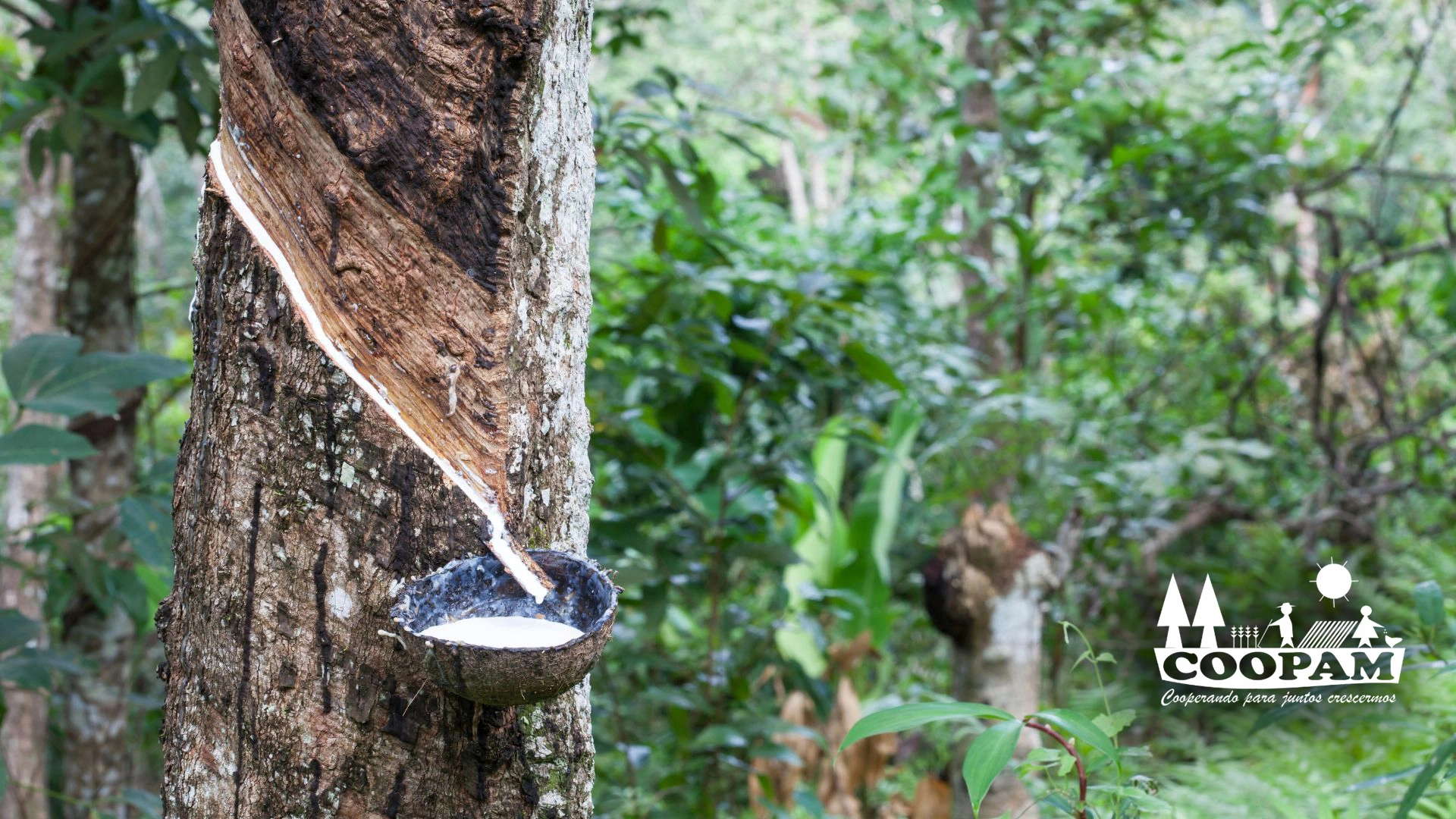
FAMILY FARMERS’
COOPERATIVE
COOPAM supports rural families in Mosqueiro with legal assistance, credit access, and agroforestry implementation. The NGO strengthens socio-economic inclusion while promoting sustainable practices.
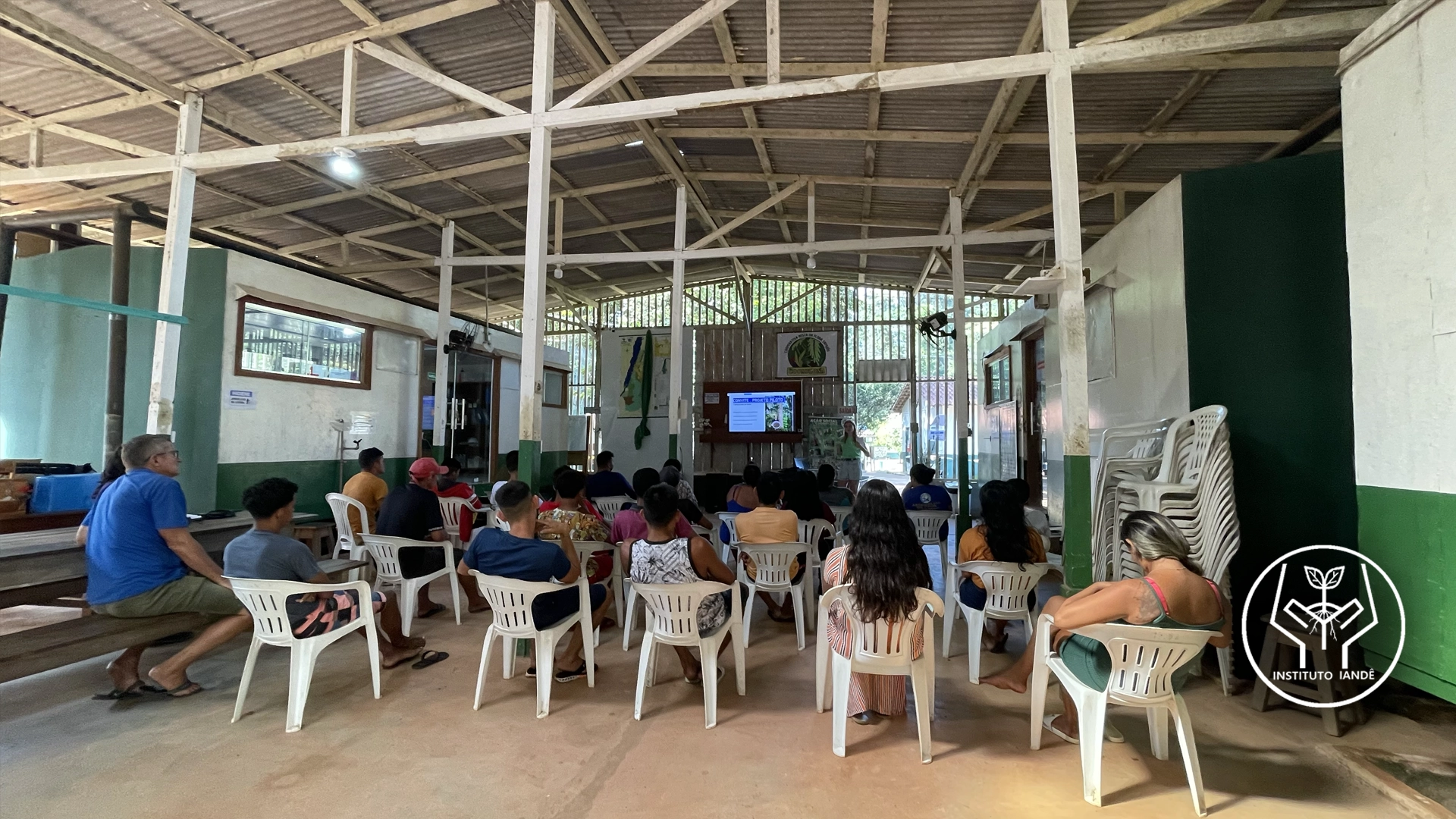
SOCIAL DEVELOPMENT & TERRITORY
The Instituto Iandê engages with local communities to secure land access, provide training, and ensure long-term maintenance of restored areas. It focuses on integrating social and environmental goals.
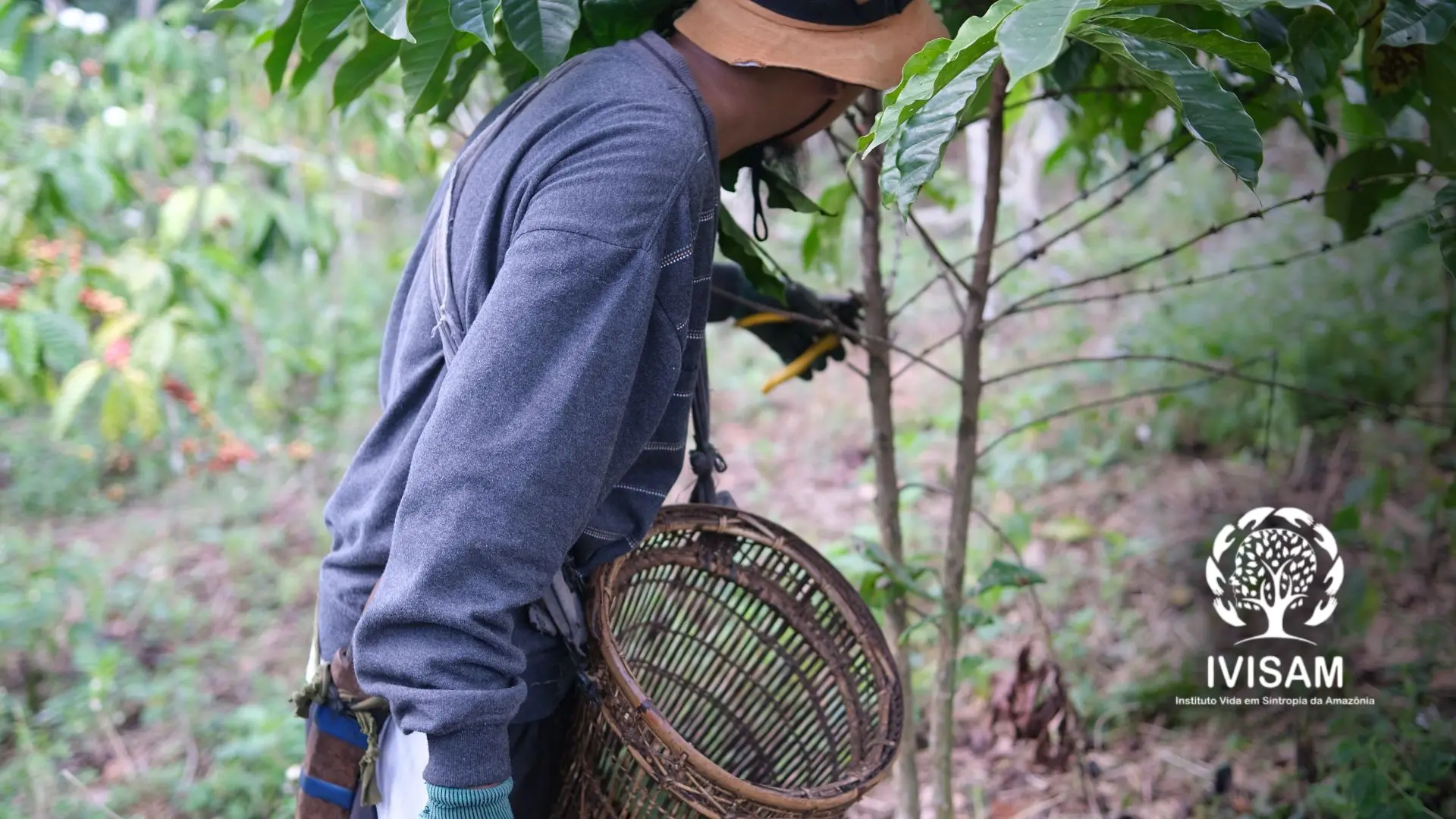
Agroecology and Syntropic Agriculture
The Instituto Vida em Sintropia da Amazônia, works with the principles of Permaculture, Agroecology, and Syntropic Agriculture. Its mission is to care for the soil, plants, people, and the entire ecosystem provided by nature.
FREQUENTLY
ASKED
QUESTIONS
Your contribution supports the entire Amazonia 500 Challenge restoration effort.
The percentages below are the breakdown of the total 100 % budget.
– Integrated agroforestry (41 % of the total): funds the complete implementation of 100 hectares of agroforestry systems, including soil preparation, planting, initial management, and direct monitoring. Within this 41 %, about 19.7 % covers on-site agroforestry planting and maintenance, 14.4 % covers salaries for the local technical team and agronomists, 6.4 % is for infrastructure and logistics, and a share of the 12.3 % allocated to seed acquisition and logistics is used for the agroforestry work.
– Native forest restoration (41 % of the total): supports the restoration of 400 hectares of Amazon forest through biodiversity-focused seed collection, precision drone planting, traditional planting, and assisted natural regeneration. Within this 41 %, about 14.8 % goes to on-site plantation, 9 % to ecological monitoring and maintenance, 4.9 % to field planting operations, and a share of the 12.3 % seed acquisition and logistics also applies here.
– Management and contingency (18 % of the total): covers operational, administrative, and financial management (8.5 %) and a 10 % safety reserve for unforeseen events or force majeure.
This structure ensures that every contribution directly supports a complete, end-to-end restoration program, with multi-year ecological monitoring to secure the long-term success of both the native forest and the agroforestry systems.
Based on conservative scientific and economic data, we estimate significant long-term benefits for both people and nature.
Within 5 years, the project can generate around USD 1.66 million in income for local families while creating approximately 165 local jobs (including 123 seed collectors and 42 rural producers). About 75 families, or 325 people, are expected to achieve food autonomy through the agroforestry systems, which together produce roughly 480 tons of açaí, cacao, banana, and cupuaçu per year and nurture 400 hectares of mature forest.
Over 30 years, cumulative family income could reach USD 16.92 million, around 17 times the initial investment of USD 1 million. The restored landscape is projected to sequester about 165,000 tCO₂e (around 135,000 t from forest restoration and 30,000 t from agroforestry), equivalent to offsetting roughly 104,000 New York–Belém flights.
These figures are careful estimates drawn from established scientific and economic references, using conservative assumptions to provide a realistic view of the positive impact your participation can achieve.
The names of our inaugural partners will be shared during a dedicated moment at COP30, when the project’s first milestones are celebrated.
We are currently in conversation with a select group of organizations, and participation is limited to ensure meaningful visibility for each.
We align with the highest standards and guidelines in all projects we develop, including FSC and PEFC. For larger partners, we can explore co-certification.
All contributors are invited to visit our COP30 adjacent demonstration site, co-powered by MORFO and Google, located just 10 minutes from the main convention center in Belém, from November 10–21, 2025.
This 1-hectare living lab will showcase in real time how advanced AI and drone technology are applied to restore tropical forests: from live drone seeding to biodiversity planning demonstrations, guided by MORFO’s leadership and scientific team. Visitors will gain exclusive insights into how data-driven diagnostics, seed capsule deployment, and monitoring tools create resilient ecosystems at scale.
Separately, immersive priority visits to your sponsored plots in the Amazon are reserved for our Visionary Pioneer partners (100+ hectares restored). These experiences — including field immersion with farmers, agroforestry systems, and direct community engagement — will be organized starting January 2026.
This is a donation to fund the restoration and long-term maintenance of forests, not a purchase of land. The land remains under the stewardship of our local partners and farming families. Your contribution directly finances ecological restoration, agroforestry systems, and community livelihoods, creating measurable climate and biodiversity impact without transferring land ownership.
Carbon credits are not issued in the first phase of this project. However, the project aligns with high-integrity credit frameworks. We can explore further crediting options with you.
Yes. We welcome co-branding and can tailor the visibility to match the level of your sponsorship.
Changemaker Sponsors receive enhanced branding across on-site signage, communications, and digital channels, including highlights in our COP30 showcase, a VIP visit, and symbolic planting content.For Visionary Pioneers, co-branding can go even further: naming of a dedicated “Living Lab,” priority access to Amazon field visits, a private two-day Amazon Journey for your team, and participation in strategic planning sessions.
We are also open to developing deeper, customized partnerships—such as joint press outreach, co-created content for internal or external campaigns, and on-site activations—so your brand is fully integrated into the project’s story and long-term impact.
Yes—your level of contribution determines the degree of choice you have. Final placement always depends on ecological suitability and our broader restoration planning.
• Ecosystem Steward – 5 hectares
You can share location preferences, and we will do our best to reflect them while ensuring the site meets ecological and logistical requirements.
• Changemaker Sponsor – 25 hectares
We provide a dedicated consultation to capture your preferences and give you detailed mapping of the area assigned to your contribution, while final allocation remains guided by ecological criteria.
• Visionary Pioneer – 50 hectares or more
You collaborate directly with our ecological and mapping teams to define the specific location for your hectares within our strategic restoration zones, with full mapping and regular progress updates on your dedicated area.
Just fill in the form. Our partnerships team will reach out to align on your contribution plan and finalize your participation.
If you prefer a quick presentation first, send a request to Carolina Campuzano at carolina@morfo.rest.
We are advancing toward the 500-hectare goal to be highlighted at COP30 in November 2025, with first field operations starting at the end of 2025. From that point, two parallel timelines guide the work: one for the 100 hectares of agroforestry systems (SAF) and one for the 400 hectares of native forest restoration.
Both extend over several years to ensure full establishment and long-term resilience.
Agroforestry (SAF)
• 2026 – Farmer engagement, training, and system design; initial soil preparation and planting
• 2027 – Continued training, second sowing, control of invasive species, germination monitoring
• 2028 – Completion of plantings, start of routine management and monitoring
• 2029 – Ongoing management, maintenance, and enrichment as needed
• 2030 and beyond – Continuous monitoring and evaluation of productivity and biodiversity
Forest restoration
• 2026 – Ecological diagnosis and mapping; seed collection and preparation; first drone and ground sowing
• 2027 – Second complementary sowing and germination monitoring; control of invasive species
• 2028 – Maintenance and enrichment planting where required; growth tracking with drones and AI
• 2029 – Continued maintenance and corrective actions if needed
• 2030 and beyond – Long-term ecological monitoring of biodiversity and carbon, with annual reports and unlimited corrective measures
This dual-track schedule ensures that both the native forest and the agroforestry systems are established, maintained, and scientifically monitored for decades after the COP30 launch.
Our commitment extends beyond the restoration of the ecosystem. We implement multi-year ecological monitoring using satellite and drone imagery, alongside on-the-ground assessments.
This allows us to track biodiversity, growth rates, and overall ecosystem health, ensuring the long-term sustainability and resilience of the restored Amazonian land.
Our systemic approach ensures that the ecosystem will thrive for generations, with long-term agroforestry systems generating sustainable revenues for the 75 families involved.
Local communities are vital partners in our reforestation efforts. We engage with them throughout the project lifecycle, from seed collection and site preparation to training, co-designing agroforestry operations (SAFs), monitoring, and protection.
Our goal is to create sustainable job opportunities for 75 family farmers (benefiting approximately 300 people directly), foster environmental stewardship, and ensure that the benefits of restoration directly contribute to their well-being and food sovereignty through agroecological production.
Our projection is a conservative 30-year estimate derived from our scientific modelling.
This projection takes into account several key factors such as species-specific growth rates, ecological zone data, below-ground carbon, conservative buffering for natural mortality rates and potential disturbances and alignment recognized carbon accounting methodologies although carbon credits are not issued in the first phase of this project.

.webp)